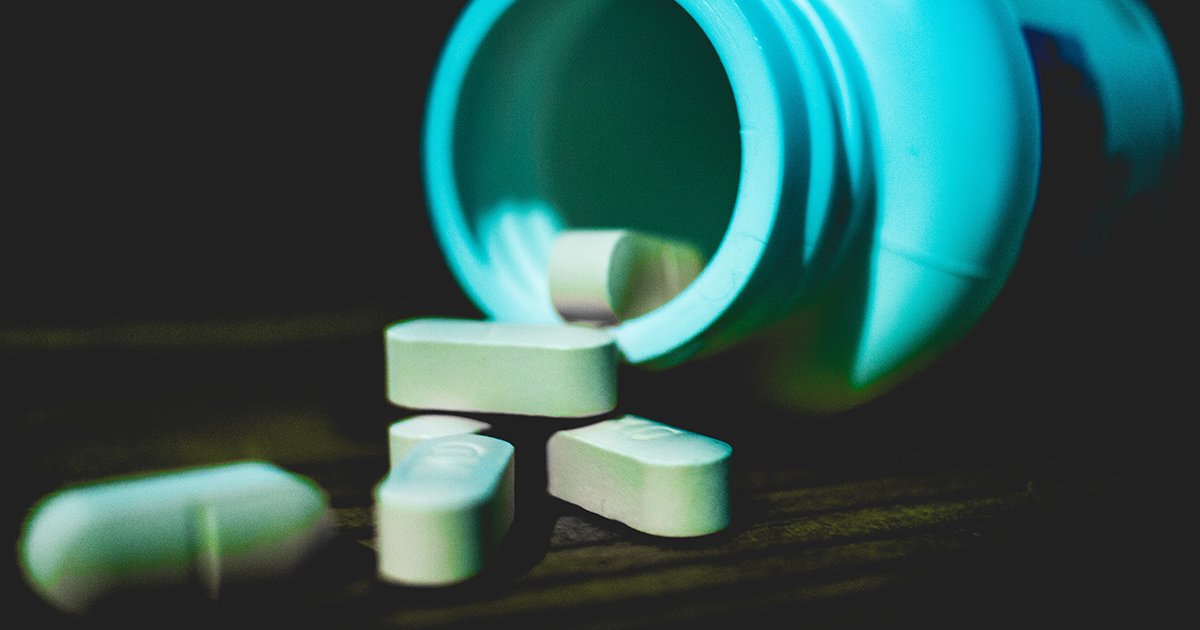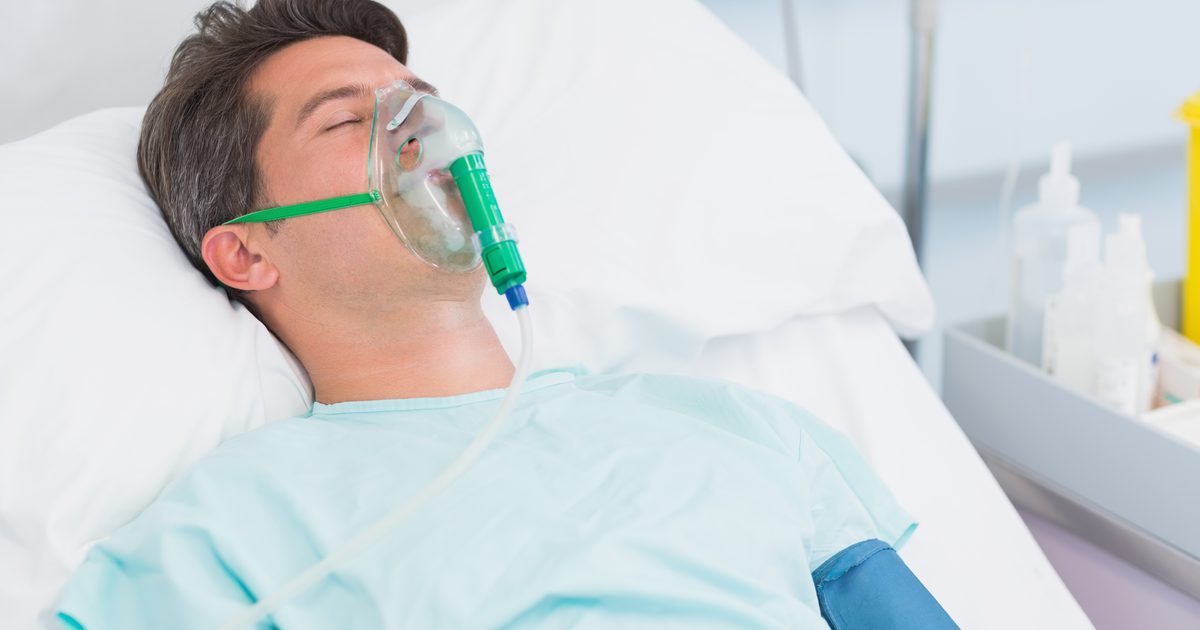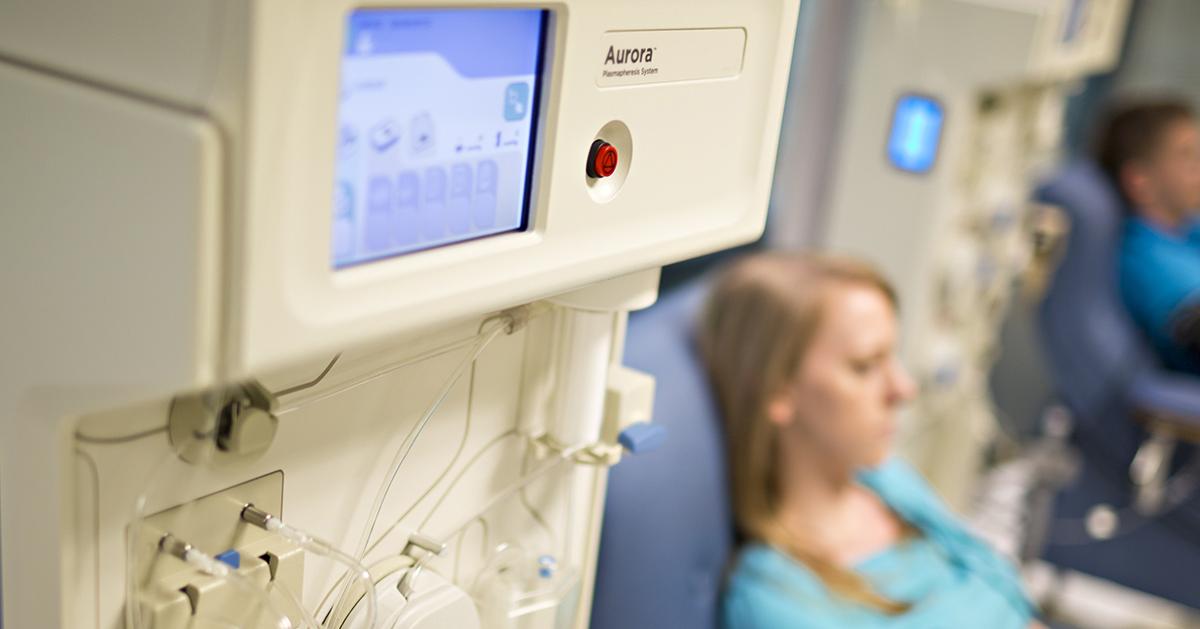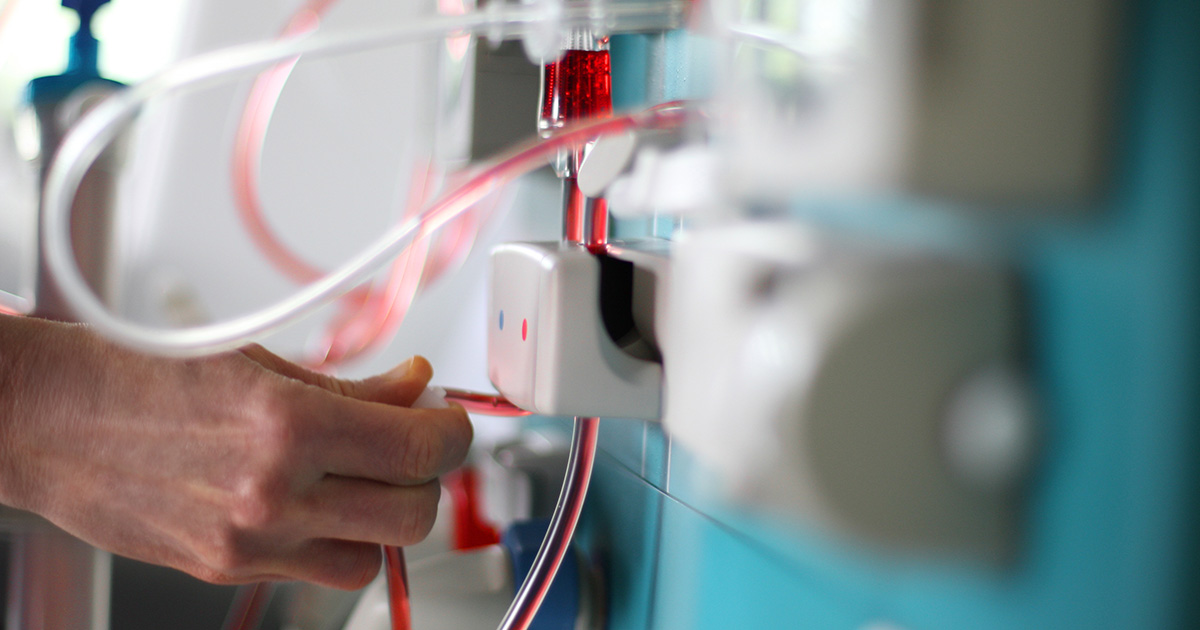Treatment Options For Goodpasture Syndrome
Goodpasture syndrome is a rare, debilitating autoimmune disease. An afflicted immune system creates antibodies that fight against the collagen found in the kidneys and lungs. Rather than being an 'invading' substance, collagen is a harmless and essential protein that's part of connective tissue. Because of the detrimental effect on the kidneys and lungs, Goodpasture syndrome tends to be fatal if it isn't caught and treated early. There are a variety of treatments for Goodpasture syndrome to help with symptoms, many of which are used to treat other autoimmune diseases as well. Rather than being a lifelong ailment, Goodpasture syndrome lasts anywhere from a few weeks to two years.
Get familiar with the treatments for Goodpasture syndrome now.
Oral Immunosuppressants

One of the most common components of Goodpasture syndrome treatment will be the use of oral immunosuppressants. These medications suppress the function of a patient's immune system, which causes the immune system to create fewer harmful antibodies. However, suppressing the immune system can cause complications, especially if the patient has an infection. Immunosuppressants are a first-line treatment for many autoimmune diseases, including Goodpasture syndrome. Autoimmune diseases are caused by the immune system mistakenly identifying a harmless part of the body as an intruder. The system then creates antibodies, which results in the body attacking itself. Even though the immune system is supposed to protect the body from disease and general harm, suppressing it may be the only way to save the lives of patients with Goodpasture syndrome. In addition to treating autoimmune disease, immunosuppressants help prevent bodies from rejecting organ transplants and can also be used as a form of chemotherapy for cancer patients.
Keep reading for more on how to treat Goodpasture syndrome now.
Intravenous Corticosteroids

In many cases, Goodpasture syndrome isn't diagnosed until the symptoms become life-threatening. Before the lungs begin bleeding and the kidneys start to shut down, the main symptom of Goodpasture syndrome is fatigue. Because the syndrome is so rare, and since fatigue is a symptom of countless conditions, it's uncommon for Goodpasture syndrome to be diagnosed early enough to avoid progression. If a patient's lungs are bleeding, intravenous corticosteroids may be a necessary measure. Corticosteroids are fast-acting, anti-inflammatory drugs. Since they calm inflammation throughout the body, these medications are prescribed for multiple different diseases with flareups. Corticosteroids can't be used to prevent the lungs from bleeding, but they can be used to control bleeding that already exists. Intravenous use is done in emergency cases when the effect needs to occur immediately. After the patient's condition has stabilized, most medical professionals recommend stopping the use of the corticosteroids for as long as possible.
Learn more about treating Goodpasture syndrome now.
Supplemental Oxygen

Depending on the damage to the lungs, some patients may require supplemental oxygen to keep a healthy amount of oxygen flowing through their bodies. After the initial symptoms of fatigue set in, Goodpasture syndrome can rapidly cause more damage to the lungs and kidneys. Patients with lung complications will experience shortness of breath at first, though this quickly evolves into a cough, and some patients find themselves coughing blood. Goodpasture syndrome has the potential to cause life-threatening bleeding in a patient's lungs. Not only is internal bleeding dangerous, but the blood restricts an individual's ability to breathe. In most cases, Goodpasture syndrome doesn't cause long-term lung damage. But while the lungs are injured, patients may need to wear an oxygen mask or cannula for the sake of their health.
Uncover more options for effectively treating Goodpasture syndrome now.
Plasmapheresis

Plasmapheresis is another one of the most common treatments for Goodpasture syndrome. Medical professionals will often pair this treatment with oral medications. Rather than addressing direct symptoms in the lungs and kidneys, plasmapheresis attempts to help the underlying cause of Goodpasture syndrome. Though we don't yet know how to make the immune system stop producing the harmful antibodies entirely, this treatment removes the existing harmful antibodies from the patient's blood. The procedure involves drawing the patient's blood into a centrifuge, which separates the plasma from the red and white blood cells. The plasma is the component of the blood that houses the harmful antibodies. Once the plasma has been removed from the red and white cells, the healthy portions of the blood are mixed with donated plasma. This new, antibody-free blood then runs back into the body.
Get more information on how to treat Goodpasture syndrome now.
Long-Term Kidney Dialysis

Not every patient will require long-term kidney dialysis. But for patients with complete kidney failure, dialysis is a life-saving treatment that keeps patients from dying due to the loss of kidney function. The majority of patients who die of Goodpasture syndrome die because of kidney failure, which is the most fatal and serious potential consequence of the disease. Thought this is common, only about thirty percent of patients will require long-term kidney dialysis. Dialysis produces the same function the kidneys are supposed to. With hemodialysis, a patient's blood is run through an external filter and then returned. With peritoneal dialysis, the blood is cleaned without leaving the body. Rather than using an external filter, a specialized fluid in the abdomen absorbs the waste in the blood. Once all the blood has been filtered, the fluid is drained. Dialysis is necessary for patients whose kidney damage is so severe that the kidneys can no longer maintain the body.
